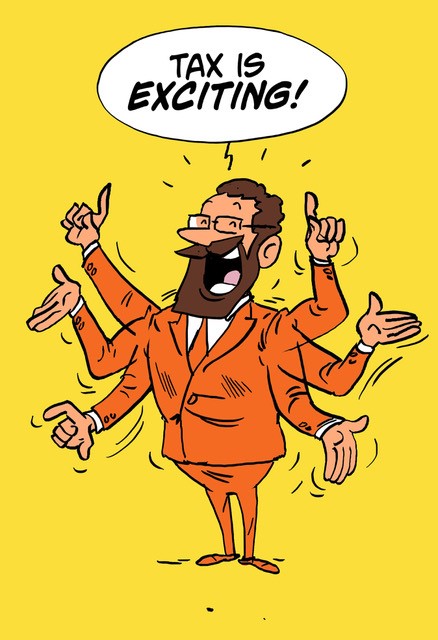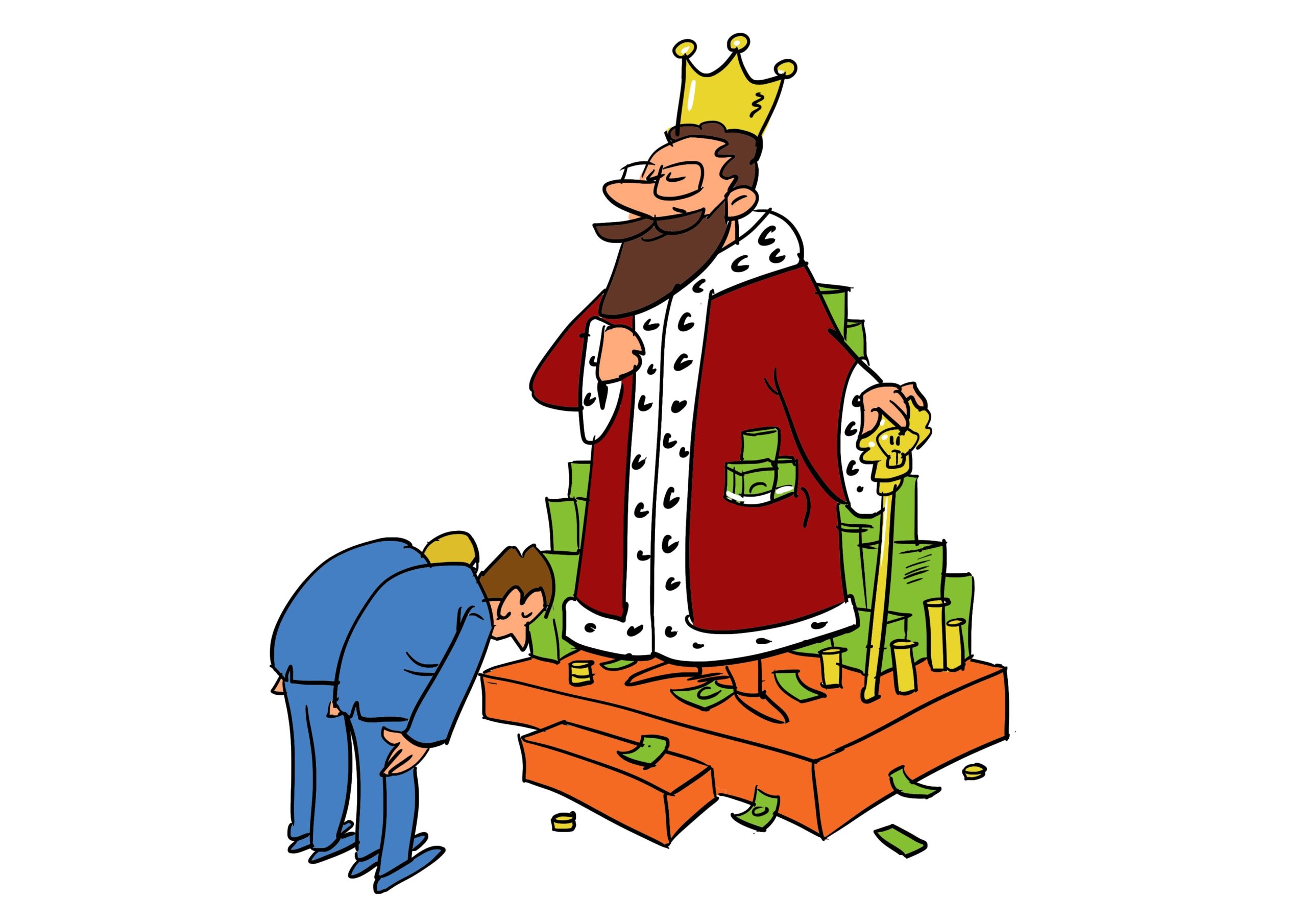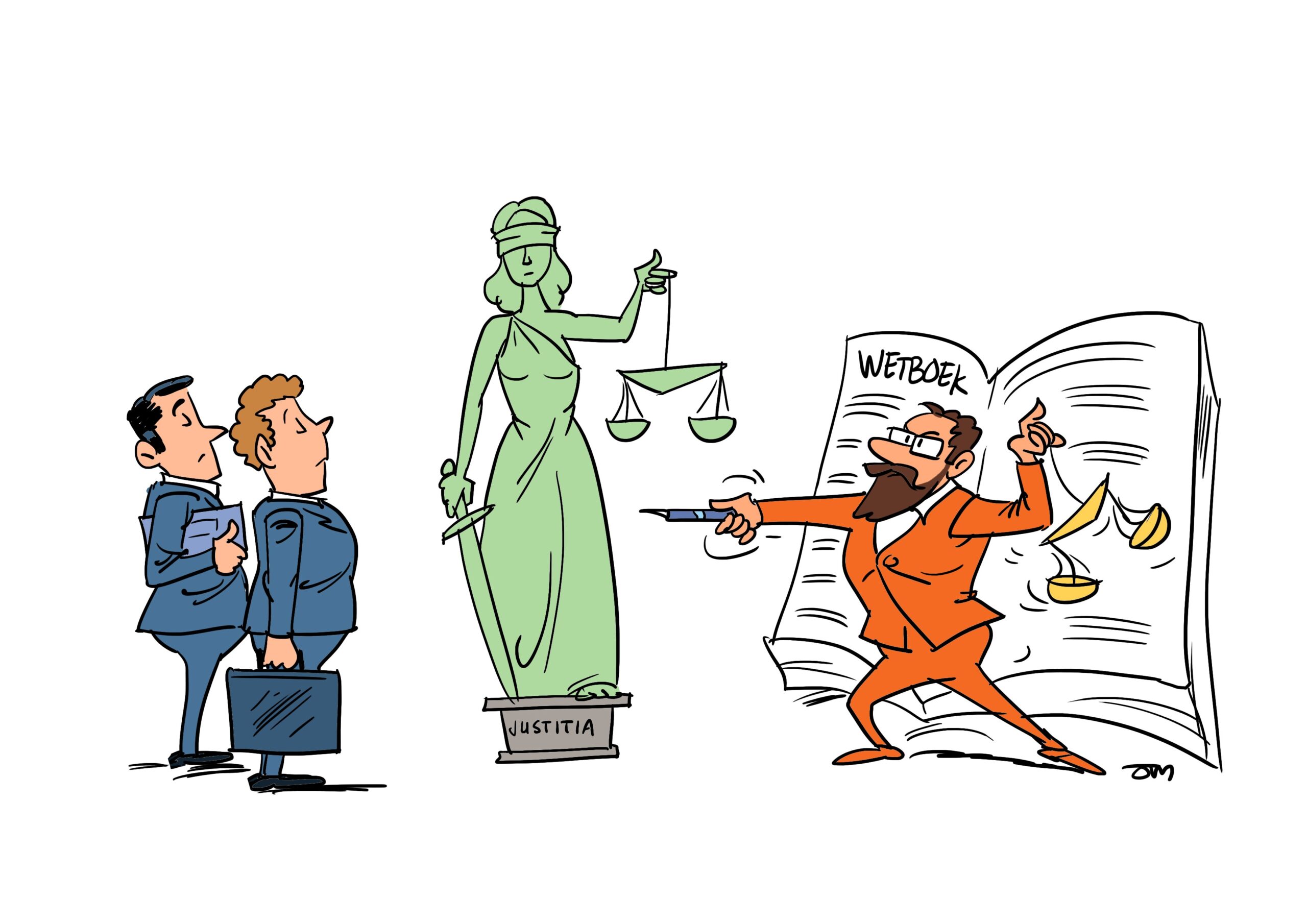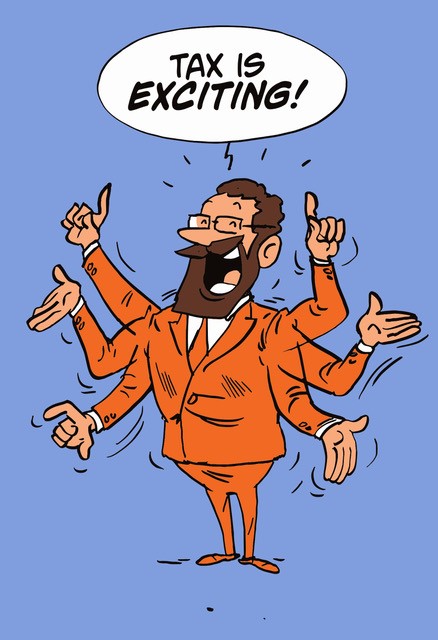You may already be aware of this, in December 2020, high court ruled the Dutch asset tax system illegal. This caused a lot of unclarity for people who own assets. Therefore, you find here the summary of Box 3.
Summary of box 3 asset tax adjustment 2017-2023
High court ruled the Dutch asset tax system illegal on 24-12-2020. The reason for this is because people with only/mainly savings were taxed over the assumed income. At that time the interest on savings was negative and the rule is that taxation cannot lead to erosion of the base amount.
As savings were taxed like investments from a Government convenience point of view, the high court ruled that taxation on savings eroding the base as illegal. At the same time the stock market and housing marking were booming, hence the gains made in this field were enormous. To tax both the savings and investments alike was experienced and via court ruled as unfair.
Why is this summary of box 3 asset tax adjustment for the period starting from 2017?
A civil servant thought it was necessary to make the simple Box 3 system as we knew it till then, more complex by make a distinction between savings and investments. This same civil servant now wishes he or she had never done that. The distinction between savings and investments is the cause of these issues.
For 2017-2022, there are 2 tax systems in place. The “old” system and the “new” system. 2023 will solely be based on the new asset tax system.

The old Box 3 system
The old system was based on a notional income system. The notional income was based on the value of the assets per 01-01-relating year (so for 2022 tax filing, per 01-01-2022). The total value of your assets combined went through the tax brackets and resulted in a notional income. This notional income was taxed for 30% (2017-2020) or for 31% (2021-2022). In 2023, this rate would be 32%.
The brackets however, decided the split of the assets, so how much of the assets were considered to be a bank account and how much of the assets were investments. In reality, these figures often did not line up with the actual amount of result made.
The savings were taxed over the amount in the bank, but the interest was negative, hence there was no profit base for taxation. Investments were booming, tax free capital gains made, as we do not tax capital gains, the base for taxation was rather marginal to the actual yield.
Therefore, the new system is introduced in 2021, which can be applied retroactively to 2017. For 2022, both systems are still in place.

The new Box 3 system
The new system is still based on a notional income system. The values used are also still the value per 01-01-relating year (so for 2022, per 01-01-2022). There is still a difference between savings and investments. However, where in the old system the same tax rate applied to the both of them, this has now changed.
Savings in the bank are taxed extremely low, 0,00% (2022). Against investments that are assumed to have yielded a rather high percentage 5,53% (2022). Debts are only taken into account for 2,28% (2022).
The Box 3 income tax rate over the assumed result has increased to 31% (2022).
This causes tax payers with high savings and little to no investments, to pay less tax. People with investments however, will pay more tax in the new system.
The new system will automatically be applied by the Tax authority for 2017-2022, if this system is beneficial. Otherwise, the old system will be used. The lowest amount of tax due decides what system will be used in 2017-2022.
However, 2023, the new system is in place and therefore people with stocks or property will be taxed against the higher tax rate!

The future of Box 3
How the asset tax will be calculated in the future is still unclear for now. The Dutch tax authority and government are currently discussing whether a system based on actual capital gains might be a better fit but nothing has been made official yet.
Tax is exciting
We think tax is exciting. Maybe you start to find this exciting as well. The summary of Box 3. Currently in a year (2022) where the investments on the stock exchange were dramatic, the taxation on these investments goes up. And in the year (2023) that nearly no income is calculated over money in the bank, banks start to pay interest again.
And the call for taxing the actual result in Box 3 is back again. In 2001 we moved away from taxing the actual result as the Dutch were simply too creative not to show the actual result. The Government was fed up with that, hence the introduction of the notional system. Going back to actual result taxation implies all the dust gathering tricks can be applied again. Exciting times!
Please feel free to check our blog at a later stage to check if new updates are available!





